
Global Food Week 2025 Concludes with a Bold Vision for Plant-Based Protein in the Middle East
Global Food Week 2025 has officially wrapped in Abu Dhabi, leaving behind a clear message: the future of food in the Middle East is plant-powered, sustainable, and technologically driven. With the UAE unveiling its renewed National Food Security Strategy and spotlighting plant-based and cultivated proteins, the event marked a turning point for advocates of sustainable and climate-resilient food systems.

Abu Dhabi’s Leap Toward Animal-Free Proteins: A Turning Point for Ethical Food Systems
In a region where food security and sustainability are urgent priorities, Abu Dhabi is making headlines with a bold move: partnering with precision fermentation pioneers Vivici and The Every Company to build a massive animal-free protein facility. Backed by the Abu Dhabi Investment Office, this four-million-litre plant will produce dairy and egg proteins—without cows or chickens.

NÜITREE’s Plant-Based Beverage Revolution: Expanding Ethical Nourishment Across the Middle East
In Dubai Investment City, a quiet revolution is brewing — one that could reshape how the Middle East nourishes itself. At the heart of it is plant-based milk: a symbol of ethical innovation, sustainability, and regional pride. NÜITREE, the region’s first dedicated plant-based beverage company, has partnered with SIG Group to scale production of plant-based milks and other vegan beverages across the UAE and beyond. This isn’t just industrial progress. It’s a cultural shift toward compassion, clean nutrition, and Middle Eastern leadership in ethical food systems.

Cruelty-Free and Culturally Rooted: The Vegan Cosmetics Surge in Saudi Arabia
Saudi Arabia is no longer just a consumer of global beauty trends — it’s becoming a regional leader in ethical cosmetics. According to a 2025 market report, the Saudi vegan cosmetics sector is projected to grow from USD 165.28 billion in 2024 to USD 267.98 billion by 2030, driven by a compound annual growth rate of 8.45%.

17 Naturally Middle Eastern Vegan Recipes to Savor and Share
In a region where hospitality is sacred and flavor is a form of poetry, plant-based cooking has always had a place at the table. Long before veganism became a global movement, Middle Eastern kitchens were crafting dishes that honored the land, celebrated seasonal abundance, and nourished both body and soul. This curated selection of 17 naturally vegan recipes is more than a list—it’s a journey through the heart of Middle Eastern culinary heritage.

Abu Dhabi Hosts the Future of Food: Protein Alternatives Take Center Stage at Global Food Week 2025
Abu Dhabi is about to make history. From October 21–23, the UAE capital will host Global Food Week 2025—a dynamic convergence of innovators, investors, and changemakers reshaping the future of food. But this year, something extraordinary is unfolding: for the first time, the Middle East will see a dedicated platform for alternative proteins, spotlighting lab-grown meat, plant-based breakthroughs, and other futuristic solutions that challenge the status quo.

Qatar Launches First University Program on Sustainable Food Systems and Plant-Based Awareness
In a landmark move for sustainability and plant-based education, Qatar has introduced the region’s first accredited university course dedicated to Sustainable Food Systems. Led by Ghanim Al-Sulaiti—vegan entrepreneur, advocate, and founder of Enbat Group—the program is a collaboration between MIE–SPPU Institute of Higher Education (Doha), Earthna’s Qatar Sustainability Week, the University of Pittsburgh’s Department of Sustainability (under Dr. Cory Flynn), and Enbat Group.

Green and Glorious: 11 Vegan Pistachio Recipes That Prove the Hype
Pistachio has quickly become a standout culinary trend, sparked in part by the viral sensation of pistachio-stuffed Dubai chocolate bars that captured imaginations everywhere. Now appearing from coffee shops to home kitchens, pistachio’s rich, nutty flavor is everywhere. Inspired by this widespread enthusiasm, we’ve crafted a collection of vibrant vegan recipes to help you celebrate pistachio’s versatility and deliciousness. Whether you’re craving indulgent desserts or fresh savory dishes, these recipes showcase why pistachio is a must-have ingredient in plant-based cooking today.
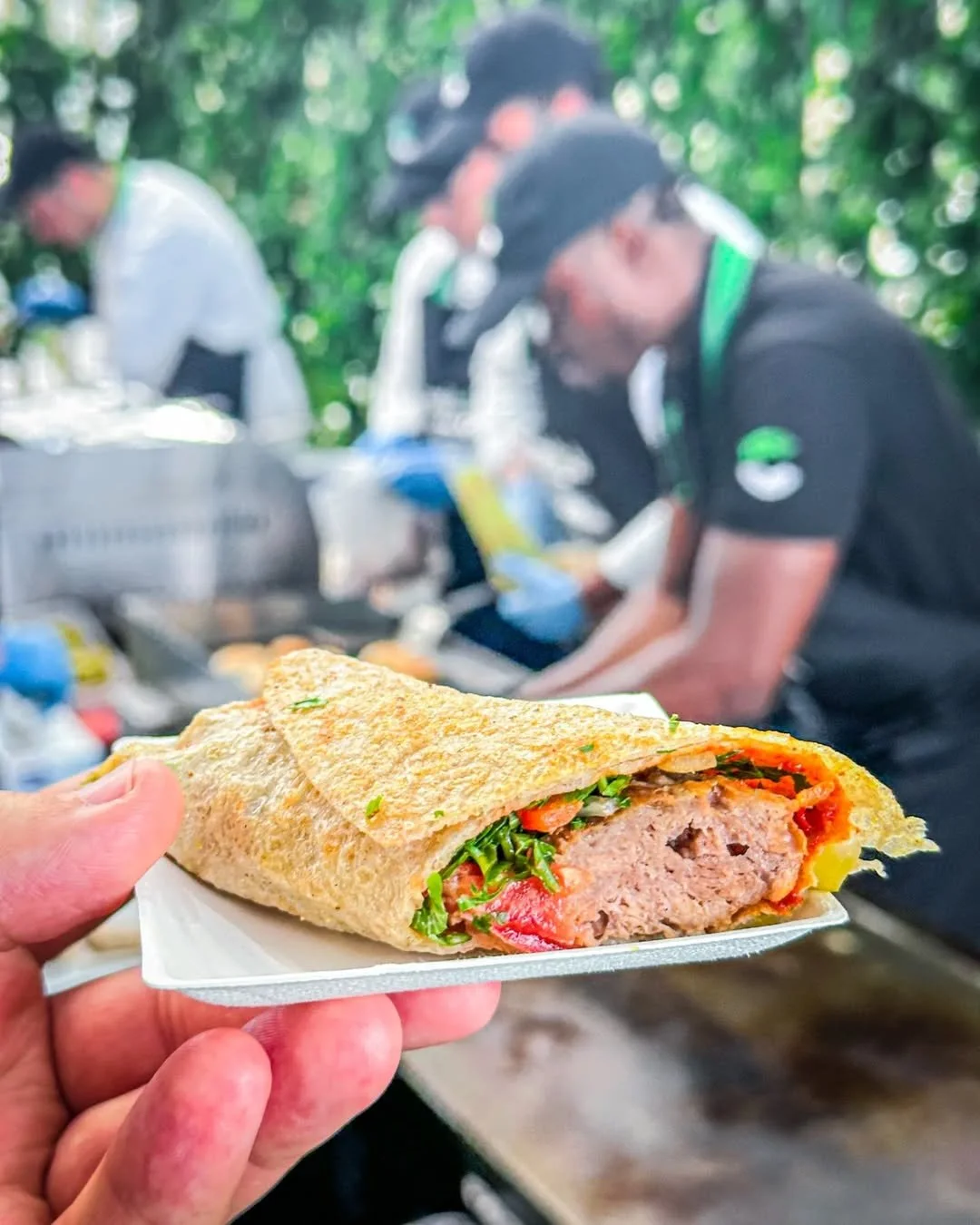
Mapping the Growth of Vegan Protein in the Arab Region: How Conscious Nutrition is Shaping the Future
Consumers in the Arab region and globally are increasingly seeking proteins from sources such as lentils, chickpeas, fava beans, peas, soybeans, rice, and hemp—not only appealing to vegans but also attracting health-conscious individuals pursuing sustainable, functional nutrition. According to the Middle East & Africa Plant-Based Protein Market Outlook, 2030, the region is blending its rich culinary heritage with modern innovations, positioning itself at the intersection of tradition and transformation.

7 Ethical Radiance: 100% Vegan Skincare Brands Thriving in the Middle East
In the evolving landscape of Middle Eastern wellness, skincare is no longer just about surface-level glow—it's about integrity, sustainability, and ethical resonance. As consumers seek products that align with their values, a new generation of vegan skincare brands is rising to meet the moment. These brands don’t just promise results—they deliver transformation, rooted in transparency and purpose.
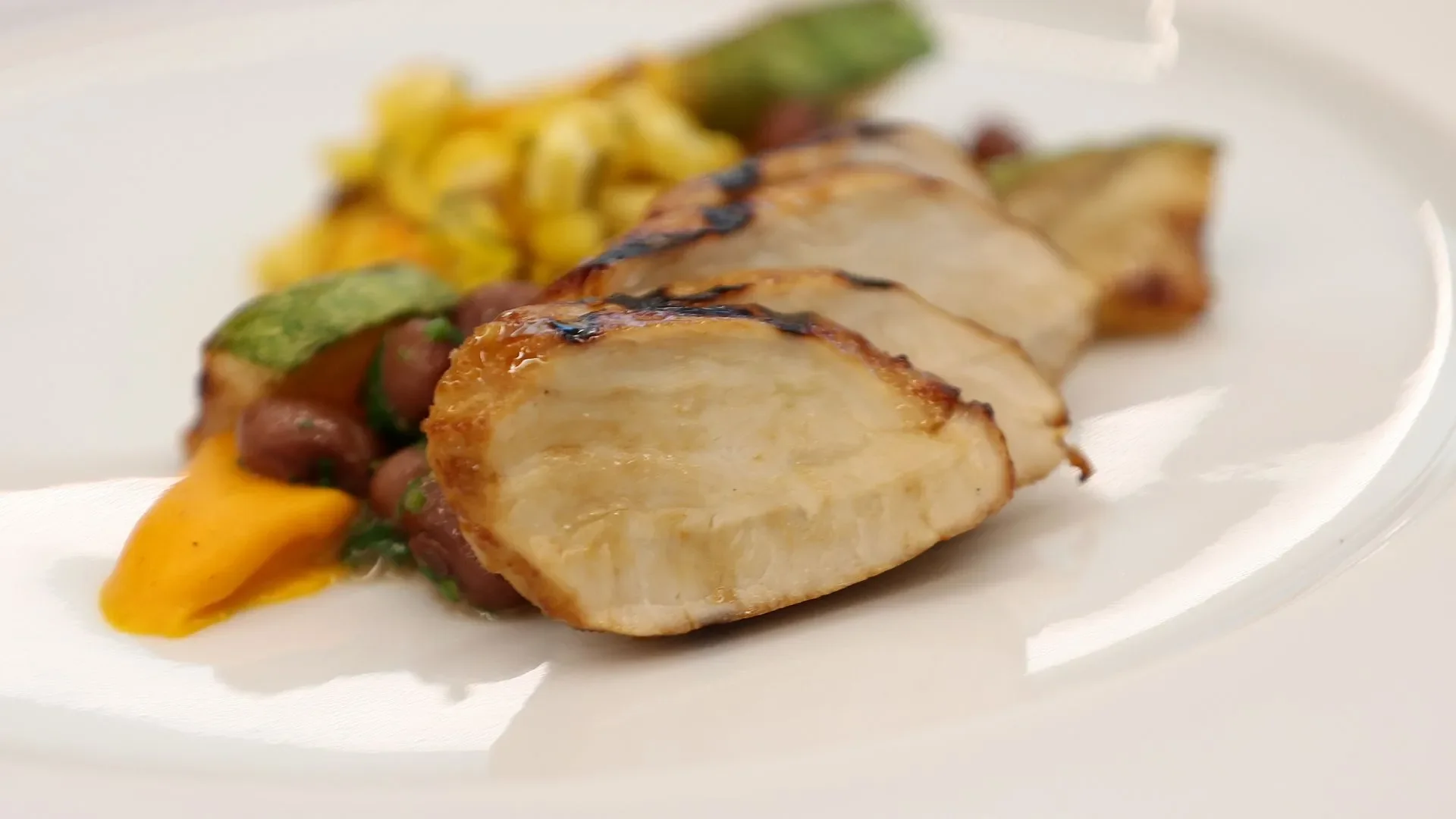
UAE Clears Path for Cultured Meat Expansion—Regional Market to Hit $74M by 2030
The Middle East’s protein landscape is entering a new phase of innovation and execution. With the UAE scaling cultivated meat infrastructure through its AGWA food-tech hub in Abu Dhabi, the region is positioning itself as a strategic center for ethical, sustainable, and locally driven protein solutions.

Building the Future of Food: How Saudi Arabia’s Vegan Meat, Dairy Alternatives, Luxury, and Biotech Sectors Are Redefining Conscious Consumption
Saudi Arabia’s plant-based transformation is no longer a fringe movement—it’s a multi-sector redefinition of how the Kingdom eats, innovates, and expresses values. From the explosive growth of the vegan meat market to the rise of dairy alternatives, ethical luxury, and biotech infrastructure, the Kingdom is crafting a new identity—one rooted in sustainability, cultural heritage, and conscious innovation.
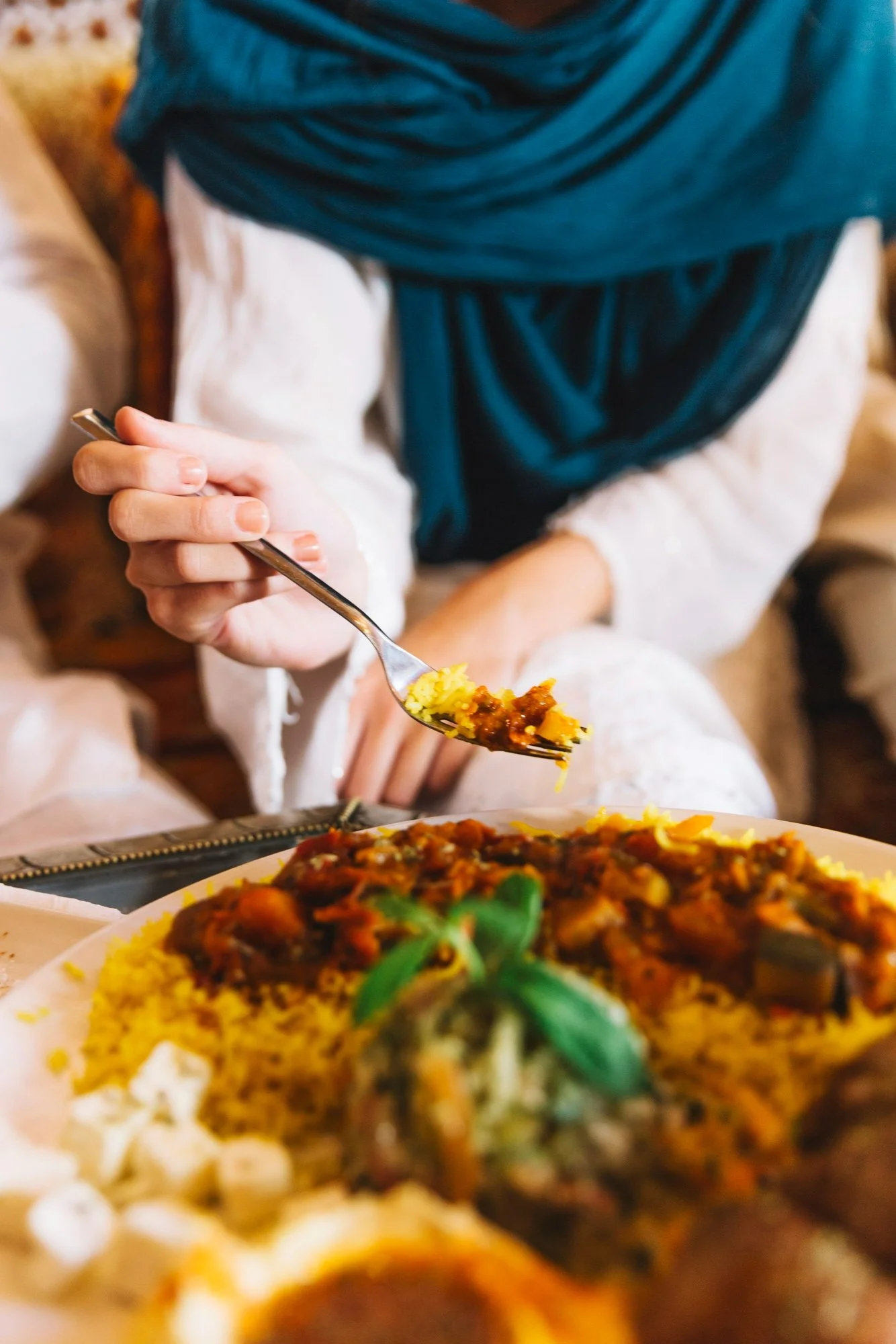
The Protein Paradox: Tradition vs. Transformation in the Middle East — A Region Caught Between Ritual and Reform
The Middle East is experiencing a profound shift in its food identity. For generations, meat has been more than nourishment—it’s been a symbol of hospitality, religious devotion, and cultural pride. From lamb feasts during Eid to grilled kofta at family gatherings, animal protein is deeply embedded in the region’s traditions. Yet today, a new narrative is emerging—one shaped by growing concerns over climate change, public health, animal welfare, and food security. Sustainability is no longer a fringe concept; it’s a regional priority. Conscious and ethical consumption is gaining traction, especially among younger generations who are questioning long-held assumptions about food and its impact.

NS Leathers: Saudi Arabia’s 100% Vegan Fashion Label Leading the Ethical Style Revolution
In a region where tradition meets innovation, NS Leathers has emerged as a bold voice for cruelty-free luxury. Founded in 2019, the brand proudly identifies as a “VEGAN LABEL SINCE 2019”, making it one of the first in Saudi Arabia to fully commit to vegan materials across its entire product line.
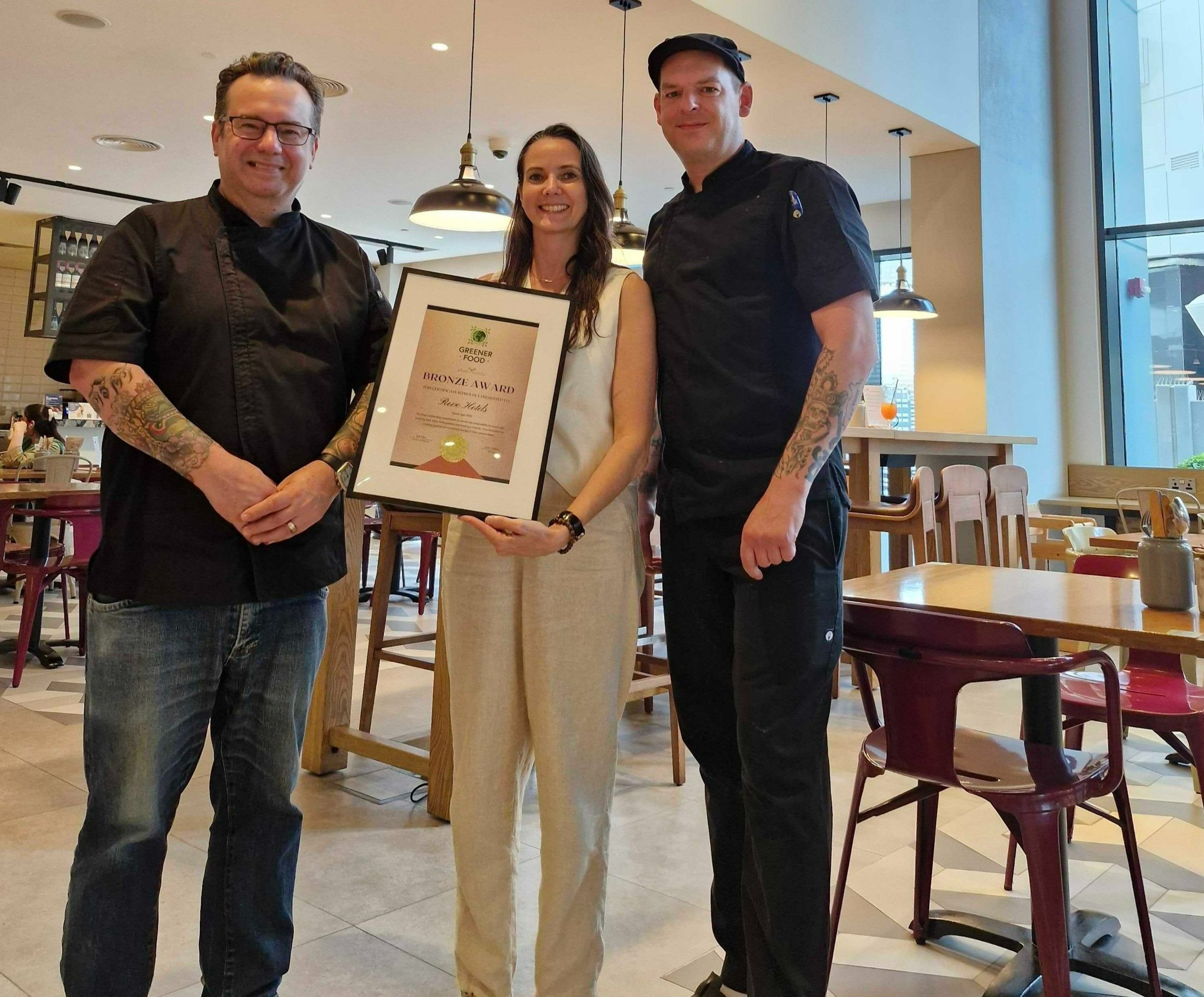
Rooted in Sustainable Responsibility: How Rove Hotels Is Redefining Hospitality in the Middle East
In a region rich with tradition yet ripe for transformation, Rove Hotels is crafting a new hospitality narrative — one that blends environmental stewardship with cultural consciousness. Through its purposeful partnership with Greener Food, a non-profit spearheading plant-based and sustainable reform across the Middle East and North Africa, Rove is not simply adjusting practices — it’s challenging conventions. From composting and energy-saving systems to culturally attuned food waste initiatives, Rove is becoming a sanctuary for eco-living wrapped in warm hospitality.
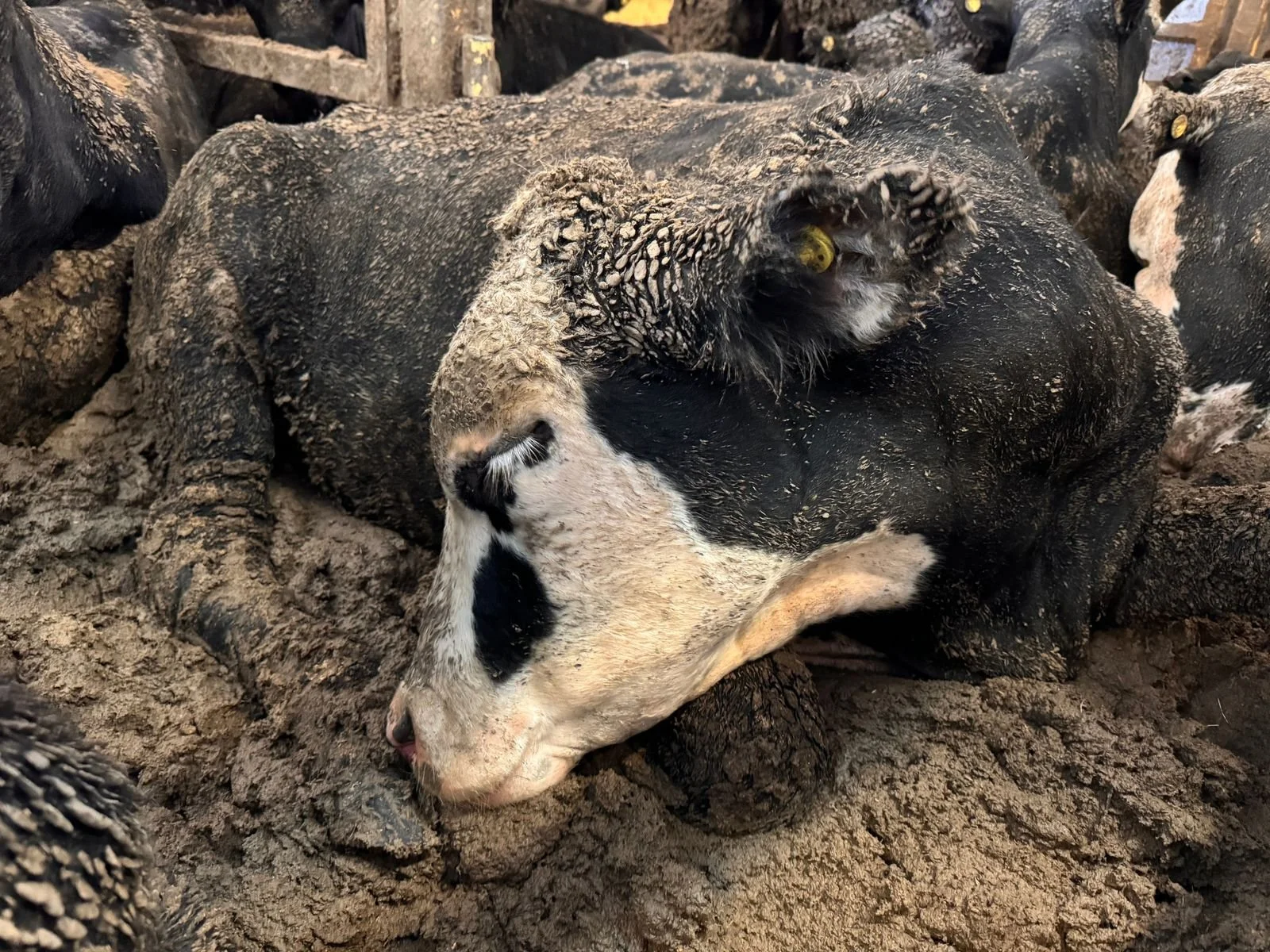
Exposing the Trade: What Middle Eastern Consumers Should Know About Live Animal Exports
As global awareness of animal welfare grows, a troubling issue has resurfaced—one that directly implicates trade routes to the Middle East. The National Council of SPCAs (NSPCA) in South Africa has issued a strong condemnation of proposed government regulations that would allow live animal exports by sea, including shipments to the Middle East during the hottest months of the year.

From Nature to Performance: Squatwolf’s Plant-Based Neotech Collection Is Changing the Game in Middle Eastern Sportswear
In a region where athletic ambition meets extreme climate, a Dubai-born brand is rewriting the rules of workout gear. Squatwolf’s new Neotech collection is the first in the Middle East to fuse plant-based fibers with cutting-edge performance technology, offering a sustainable alternative to petroleum-based synthetics.
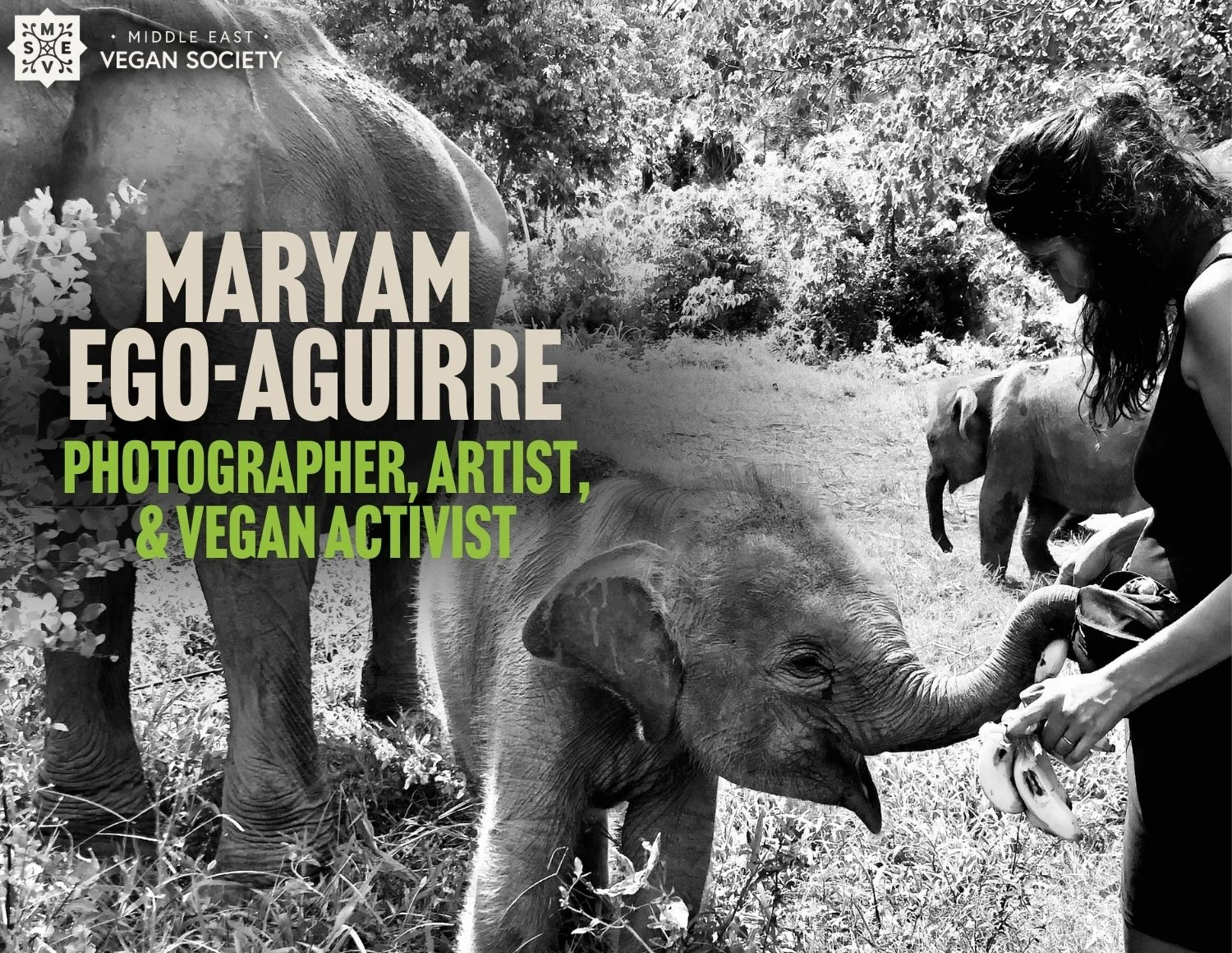
Interview with Maryam Ego-Aguirre: Seeing the Sacred in All Sentient Life
Maryam Ego-Aguirre is a surrealist photographer and longtime animal rights advocate whose work doesn’t just speak—it confronts. Her art and writing challenge the way we see animals, nature, and ourselves, asking us to look beyond comfort and into conscience. What she creates is more than visual—it’s emotional, philosophical, and deeply ethical. In this interview for the Middle East Vegan Society, Maryam shares her personal journey, her reflections on compassion, and how her cultural background and creative practice have shaped her activism. Her words are poetic, honest, and rooted in a fierce commitment to truth. It was a privilege to step into her worldview.
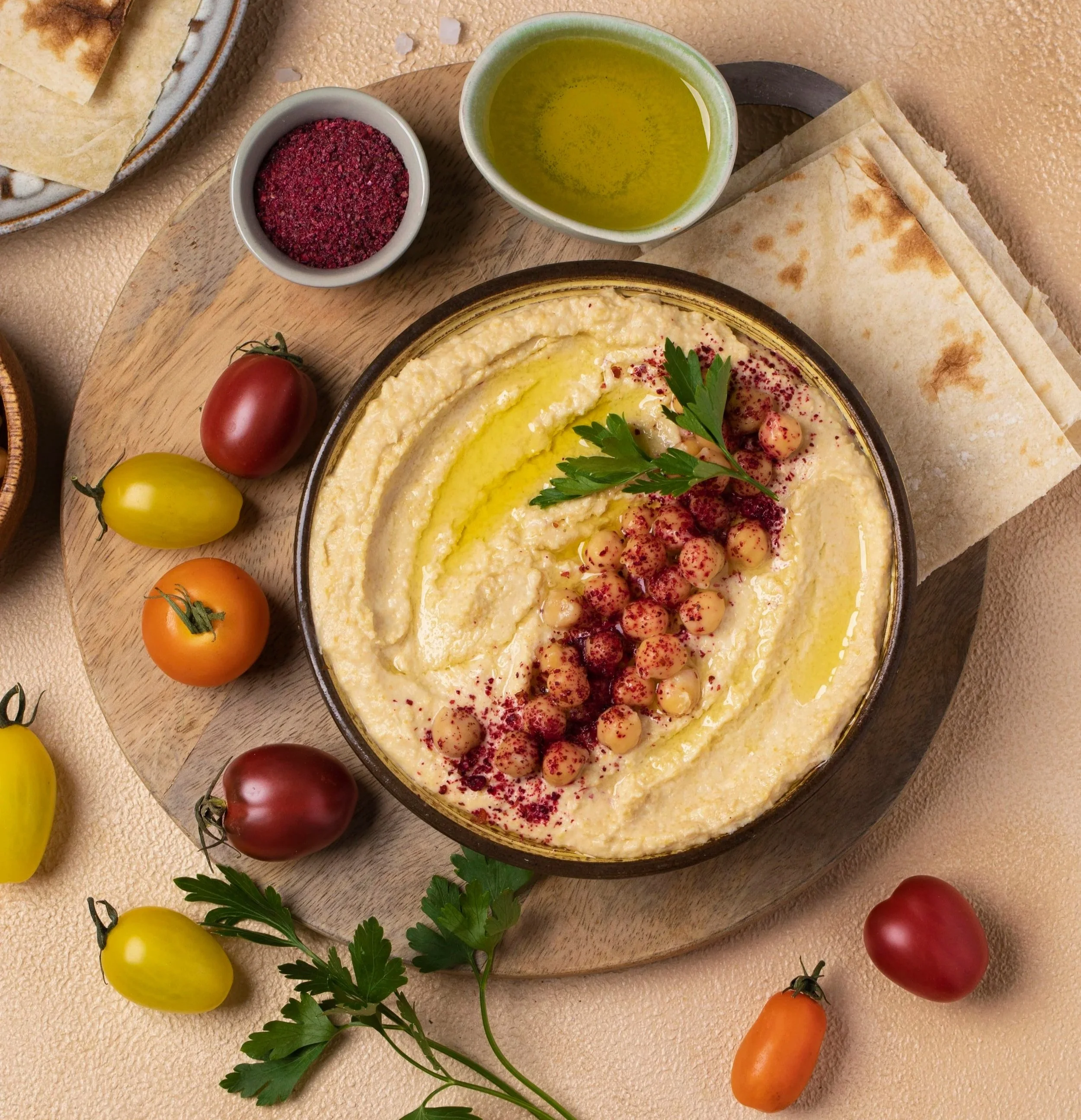
Hummus Rising: A Middle Eastern Staple Goes Global — With Tahina Unlocking a Complete Amino Acid Profile
Once a humble mezze dish passed from hand to hand across Levantine tables, hummus is now a global culinary icon — and a quiet nutritional powerhouse. According to recent market analysis, the global hummus industry is projected to reach USD 4.5 billion by 2035, driven by rising health awareness, plant-based diets, and culinary innovation. But for the Middle East Vegan Society, this isn’t just a market trend. It’s a moment of cultural affirmation — and biochemical surprise.
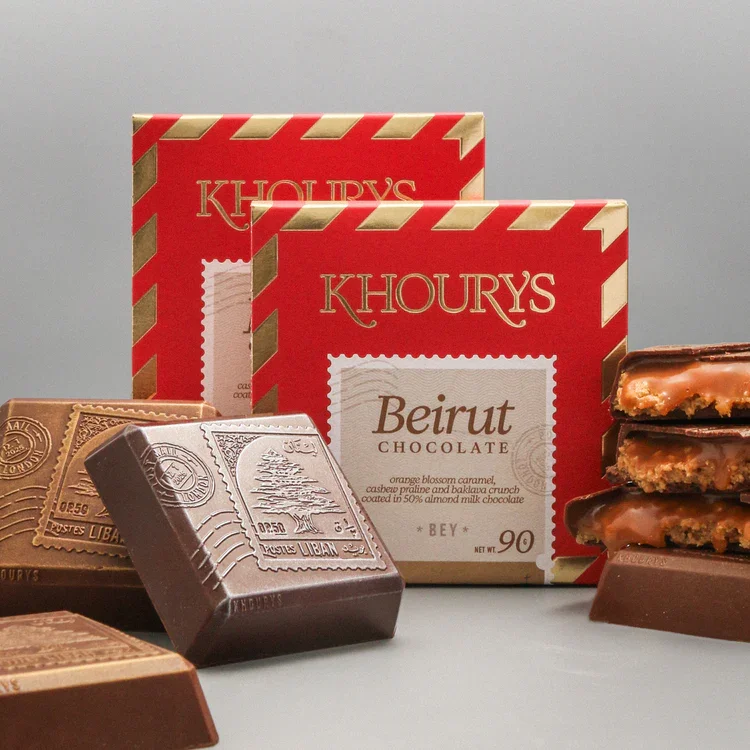
Baklava, Blossom, and Boldness: Beirut Chocolate Breaks the Mold with Plant-Based Flair and Global Curiosity
Handcrafted in London and inspired by Beirut, this chocolate bar blends Lebanese nostalgia with plant-based innovation. Created by Phil Khoury—former Harrod’s pastry chef and author of A New Way to Bake—Beirut Chocolate sold out within hours of its first release, with early batches shipped internationally to test packaging and logistics.

